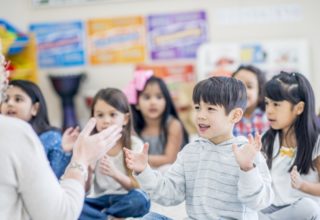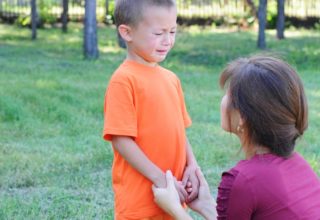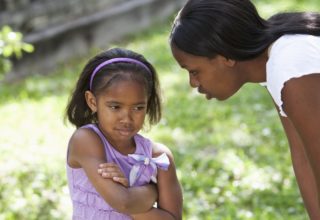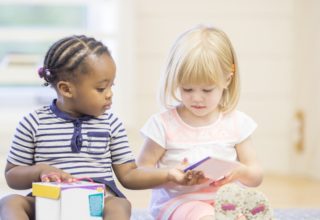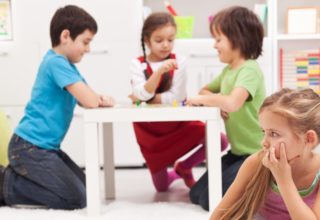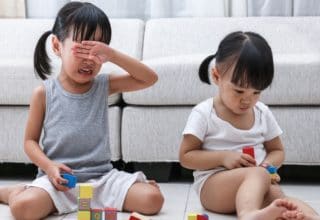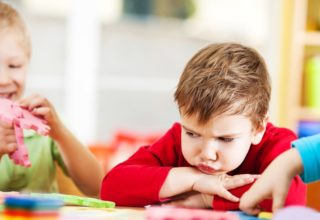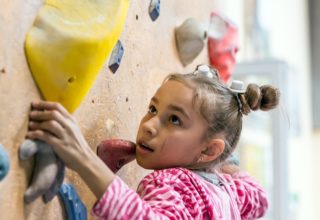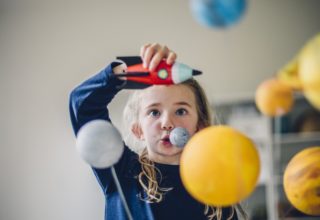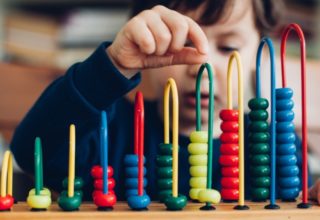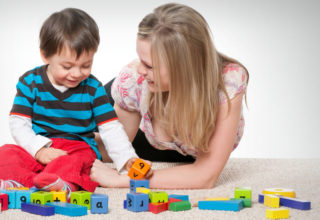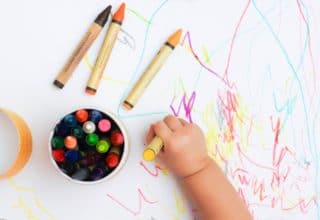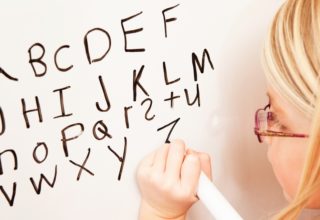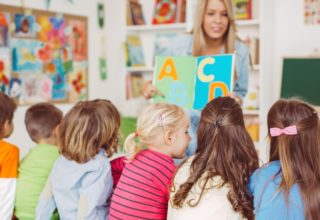Everything you need to be ready for back-to-school.
Our editors selected the most essential Plinkit articles on back-to-school topics.
Carefully curated, all in one place.
“Is my child ready for Kindergarten? What does that even mean?” Here’s my high-level perspective as a parent + teacher...
“I think I have a sense for Kindergarten readiness, now how can I support my child to get there?” Keep...
ABCs, colors, numbers, sight words…parents have heard of the ‘push-down’ of academic skills – that Kindergarten has a lot of...
Kindergarten is a meaningful adjustment – for parents too. We’ve got simple tips for parents for a not-so-simple transition –...
‘Executive functioning’ is a phrase often cited when talking about child development. But what does it really mean and how...
Nuts + bolts; let’s get tactical. Now that we’ve baselined the three primary processes of executive functioning, let’s look at...
Understand the difference between discipline and punishment to change a child’s behavior in the future. Let’s focus on creating effective...
Learn how to appeal to your child’s thinking brain and shape their future behavior by instilling discipline (vs. imposing punishment)....
“The way we talk to children becomes their inner voice.” -Peggy O’Mara
In the heat of an emotional meltdown, it’s hard to remember what to do. So we use *SKOR* for quick recall....
Children experience emotions just like adults, but they need support and guidance to: 1) Understand their emotions; and 2) Make...
Tantrums are hard to manage – for everyone. Here’s our checklist for what to do…in the first 5 minutes.
One of the most frequent questions we get from parents is, “How do I get my child to listen?” It’s...
#1 daily challenge with children: How to get from A to Z without fighting, yelling or throwing a tantrum? Learn why...
Knowing why transitions are difficult is half the puzzle. The other half is how to get through them. Teachers go...
Brain differences make it hard for a child to control their behavior. Understanding your child’s impulsive behaviors can help you...
Power struggles and harried mornings for both parent and child are normal, and yet not a fun way to start...
While some children inherently understand how to socially interact with others and are comfortable with basic social skills, others need more...
We teachers have the good fortune of learning and playing with a wide range of children in class and are...
Keep your child safe from danger and empower them to be safe. Teach your child to protect themselves with important...
Helpful phrases and scripts to respond to your child when they ask about other children’s challenges or about a child...
Learn at what age you should expect that your child can practice skills without prompting and strategies for encouraging your...
Go beyond “How was your day?” Our Top 10 favorite conversation starters can give you insight into what matters to...
A simple tip sheet for how to praise your child. Something more than “Good job” or just commenting on process and...
Simply saying “Share!” holds little meaning for children. Young children are egocentric and concrete thinkers. Their experience of the world...
Conflict is natural for preschoolers who are just learning about peers and group settings – it is expected, healthy and...
Watching a child turn to you crying for the first time because “A friend said ‘I can’t play’”, is a...
Social exclusion is a main theme in a child’s development and there are many reasons why it happens. Empower your child to...
When your child starts demonstrating behaviors that show they are trying to ‘fit in’ or wants to ‘belong to a...
As parents and teachers of young children, we encounter ‘power play’ in a variety of ways – some children like...
Sibling fighting and rivalry is normal and, in most cases, healthy. Learn how to resolve sibling conflict in 5 simple...
Get flustered in the heat of the moment when your children fight? Use these three key phrases to stop sibling...
Teach your child to *THINK* before they speak – to consider the impact of their words (vs. their intent). A helpful...
Empower your child with a valuable life skill – teach them how to express their emotions and desires during conflict.
Help your child learn how to resolve a social conflict on their own with this framework – Wheel of Choices.
Tattling is very common but it can be shaped by our responses to their tattling. Teach your child this simple rhyme to work...
Empower your child to manage their emotions and regain control in heated situations with *STOP!*
A breathing exercise to help your child move through the rocky moments in their day. Easy to do and remember....
Here’s a practical tool and script to support your child’s self-regulation and emotional awareness – it provides a shared language to signal...
It’s normal to hear your child experimenting with dramatic language at around age 4 (e.g., talking back, harsh tones of...
“Empathy is when you’re able to understand and care about how someone else is feeling.” -Mark Ruffalo, Sesame Street
One of the most frequent complaints we get from parents is around whining. We get it – even as teachers....
At around age 4, you may see all sorts of dramatic language changes – talking back, harsh tones of voice,...
Including your child in their own learning process about how to self-regulate is empowering and long-lasting. Here’s how everyday tools...
Here’s a practical tool and script to support your child’s self-regulation and emotional awareness – it provides a shared language to signal...
Around the ages of four and five, children begin to tell ‘tall tales’. They may also begin to tell fibs...
Let’s double-down on how to translate *growth mindset* into something tangible with your child. We’re focusing on how to teach...
*Yet* – Three letters that may change your child’s outlook on life, even among the youngest learners. Learn how the...
“It’s not about how smart you are, it’s about how you are smart.” -Howard Gardner
Easy things you can do every day to encourage your toddler to use more language. *Note – Suggestions in this article...
Learning to count may seem simple, but it is critical to learning well. Here’s how to do it playfully. The...
Some children are naturally drawn to learning letters, while others may not begin to learn letter identification until they are...
Many of us are eager for our children to learn to write. It takes practice but it also needs to...
Is writing letters backwards OK, or is it an early warning sign of a learning difference? Let’s tackle this very...
If you’re looking for a didactic list, here’s a theoretical, academic sequence for teaching your child to read. Just remember...
Increase critical thinking and curiosity when you read aloud. Take story time to a new level.
